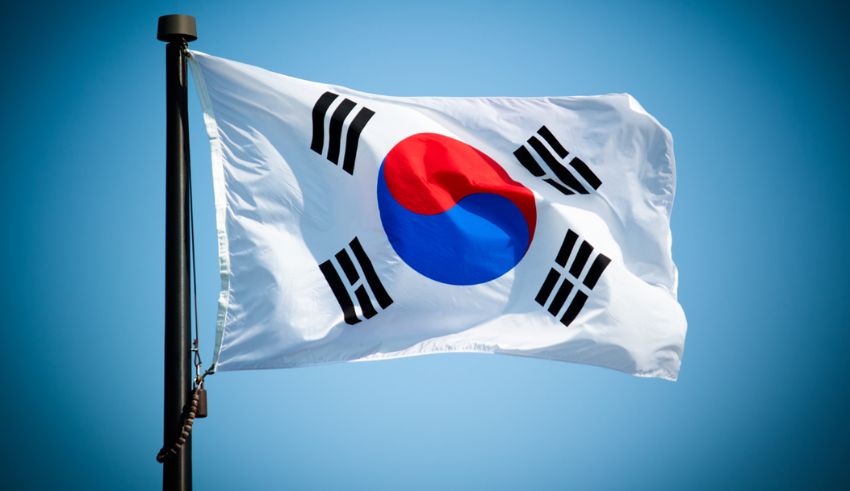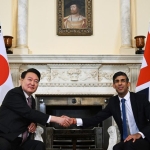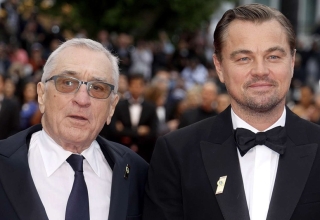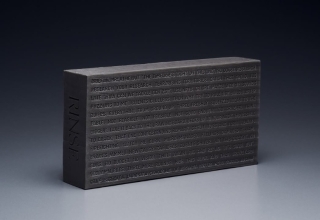
France’s recent mistake of airing the wrong flag of South Korea during a news report on the Korean peninsula has sparked outrage and embarrassment among the South Korean public and media.
The incident, which happened on January 2, 2024, on the French TV channel LCI, involved the display of a flag that looked like the South Korean flag, but had a red circle in the middle that resembled the symbol on the Japanese flag. The South Korean flag, Taegeukgi, has a circle in red and blue at the center, representing the balance of yin and yang¹.
The flag fiasco, which was widely regarded as a sign of disrespect and ignorance, could have serious implications for France’s trade relations with South Korea, one of its major economic partners in Asia.
According to the Observatory of Economic Complexity, France exported $4.84 billion worth of goods to South Korea in 2021, making it the 12th largest exporter to the country². The main products that France exported to South Korea were aircraft, machinery, pharmaceuticals, cosmetics, and wine².
However, these exports could be jeopardized by the flag fiasco, as South Koreans may boycott or reduce their consumption of French products, or switch to other alternatives. South Koreans are known for their strong sense of national pride and identity, and their attachment to their flag, which is also called the Taegeukgi.
The flag, which has a history of over 140 years, is a symbolic representation of peace, creation, unification, eternity, and light³. It also reflects the philosophical and cultural values of the Korean people, such as balance, harmony, and resilience³.
Keep Reading
The flag fiasco, therefore, was not only a diplomatic faux pas, but also a cultural insult, that could damage France’s reputation and credibility in South Korea. Moreover, the flag fiasco could also affect France’s political and strategic interests in the region, as South Korea is an important ally and partner in dealing with the issues of North Korea, China, and climate change. France and South Korea have established a strategic partnership since 2004, and have cooperated on various fields, such as security, science, culture, and education⁴.
France’s flag fiasco could have been avoided if the TV channel had done a simple Google search or checked the official sources, such as the South Korean embassy in France or the French embassy in South Korea.
The flag fiasco could also have been mitigated if the TV channel had apologized promptly and sincerely, and explained the cause of the mistake. However, as of now, LCI has not issued any further comment or explanation regarding the blunder.
France’s flag fiasco could cost it millions in trade with South Korea, but it could also cost it more in terms of trust and goodwill. France should learn from this mistake and respect the symbols and values of other countries, especially those that it considers as friends and partners.

























